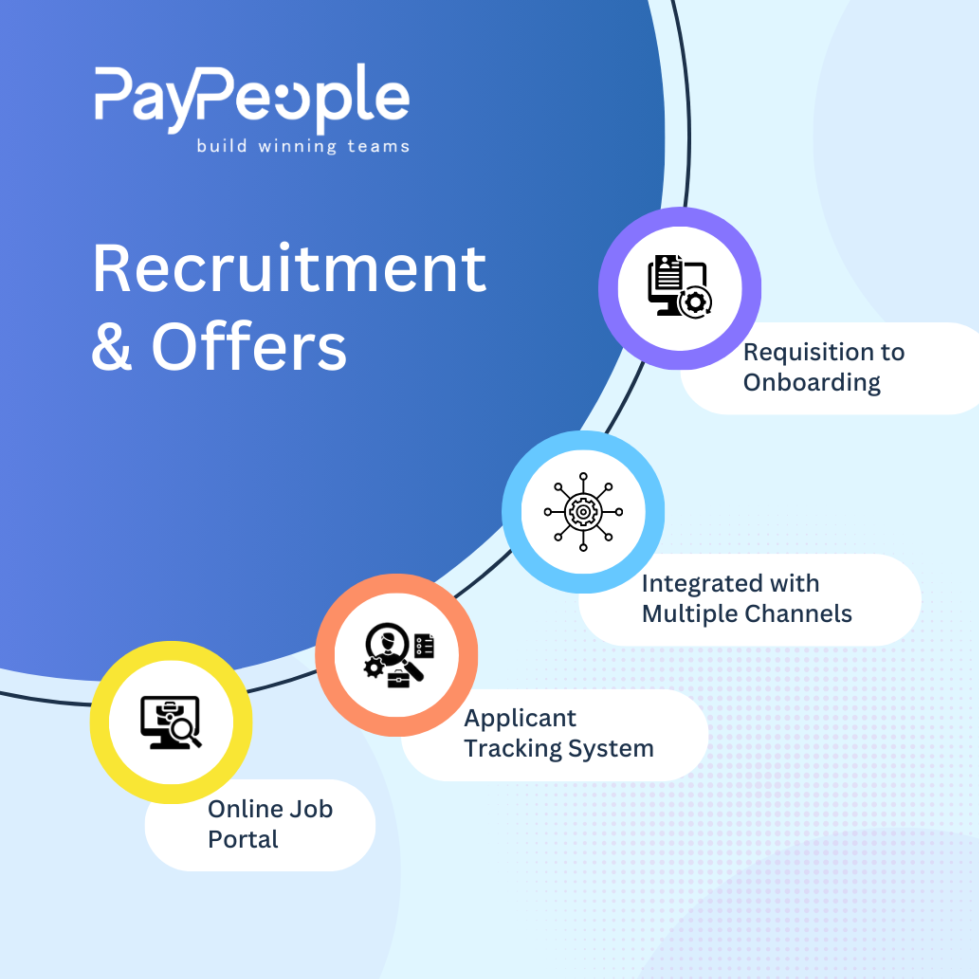In today’s competitive business landscape, organizations are constantly seeking ways to attract, retain, and develop top talent. A Talent Management System (TMS) is a comprehensive software solution designed to support these objectives by streamlining and enhancing various human resource functions. From recruitment to performance management and employee development, a TMS plays a critical role in building a skilled, motivated, and high-performing workforce.
What is a Talent Management System?
A Talent Management System is an integrated software platform that automates and optimizes the entire employee lifecycle. It covers key HR functions such as talent acquisition, onboarding, performance evaluation, learning and development, succession planning, and employee engagement. By providing a centralized hub for all talent-related activities, a TMS enables organizations to efficiently manage their workforce, improve productivity, and align employee goals with strategic business objectives.
PayPeople # 1 HR Software (TMS)

Key Features of a Talent Management System
- Recruitment and Onboarding: A TMS simplifies the hiring process by automating job postings, applicant tracking, and candidate communication. It also facilitates smooth onboarding by managing paperwork, setting up training modules, and ensuring new hires are integrated seamlessly into the organization.
- Performance Management: The system enables continuous performance evaluation through goal setting, real-time feedback, and performance reviews. Managers can easily track employee progress, identify high performers, and address skill gaps.
- Learning and Development: TMS platforms offer personalized LMS learning paths, online training courses, and skill development programs. This ensures that employees have access to resources necessary for their growth and career advancement.
- Succession Planning: By identifying potential leaders and high-potential employees, a TMS helps organizations build a talent pipeline. It also assists in developing succession plans to ensure business continuity.
- Employee Engagement and Retention: Advanced analytics within the system provide insights into employee satisfaction, enabling organizations to implement strategies that enhance engagement and reduce turnover.
Benefits of Implementing a Talent Management System
- Enhanced Productivity and Efficiency: By automating repetitive HR tasks, a TMS reduces administrative burdens, allowing HR professionals to focus on strategic initiatives.
- Data-Driven Decision Making: With powerful analytics and reporting features, a TMS offers real-time insights into workforce performance, helping managers make informed decisions.
- Improved Employee Experience: By providing clear career paths, continuous feedback, and development opportunities, a TMS fosters a positive employee experience and boosts morale.
- Cost Savings and ROI: Investing in a TMS reduces recruitment costs, decreases turnover rates, and enhances employee productivity, ultimately delivering a high return on investment.
Choosing the Right Talent Management System
Selecting the right TMS is crucial for maximizing its benefits. Organizations should consider the following factors:
- Scalability and Flexibility: Ensure the system can grow with your organization and adapt to changing HR needs.
- User-Friendly Interface: A simple and intuitive interface increases user adoption and reduces the need for extensive training.
- Integration Capabilities: The TMS should seamlessly integrate with other HR systems such as payroll, attendance, and employee management platforms.
- Security and Compliance: Ensure the system complies with data protection regulations and provides robust security features to safeguard sensitive employee information.
Future Trends in Talent Management Systems
With the rapid technological advancements, TMS platforms are evolving to incorporate artificial intelligence, machine learning, and predictive analytics. These innovations enable smarter recruitment, personalized learning experiences, and proactive workforce planning. Mobile-friendly TMS solutions and social collaboration tools also enhance employee engagement and connectivity.
Conclusion
A Talent Management System is no longer a luxury but a necessity for organizations aiming to stay competitive in today’s dynamic business environment. By streamlining HR processes, enhancing employee experiences, and providing data-driven insights, a TMS empowers organizations to attract, develop, and retain top talent. Investing in the right TMS not only boosts productivity and efficiency but also drives organizational growth and success.
In a world where talent is the most valuable asset, a robust Talent Management System is the key to unlocking an organization’s full potential.


